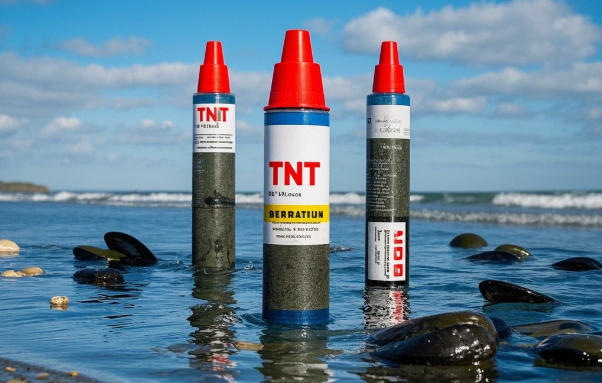On 29 March, the German government launched a €100 million budgeted munitions clean-up project in the Lübeck Bay in the southwestern Baltic Sea to remove 1.6 million tons of conventional munitions and 5,000 tons of chemical weapons left over from World War I and World War II. The Helmholtz Centre for Marine Research in Kiel found that concentrations of toxic compounds such as 2,4,6 – trinitrotoluene (TNT) and 1,3,5 – trinitro-1,3,5 – triazine (RDX) are approaching critical levels in the waters of the Baltic Sea, and that blue mussels in some areas are at a significantly increased risk of cancer due to long-term adhesion to munitions surfaces, and the German health authorities are advising the public to consume a maximum of two meals of local fish per week.

Leave a Reply